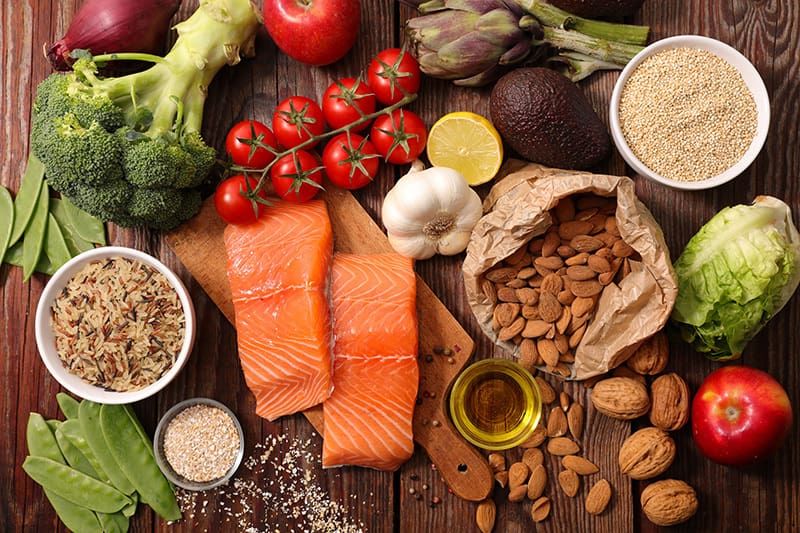
Starting from a cup of coffee or milk in the morning, it seems that a vital substance—enzyme, is inseparable from modern people’s dining table. In fact, not only in the food and beverage industry, but also in medical, household, health, energy, environment and other fields, enzymes are playing an important role. In the industrial enzyme industry, Creative Enzymes can be described as a leader supplier. It has a large market share in the industrial enzyme field, providing products and services to companies from 40 industries in 50 countries and regions.
“Food enzymes have a lot to do in improving food processing efficiency, ensuring food health and safety, and promoting sustainable development. I look forward to more food enzymes entering the market in the future.” said the product manager of Creative Enzymes.
Perhaps the ancients did not realize the existence of enzymes, but they have long used the properties of enzymes, especially in the production and processing of food. The history of humans using enzymes to produce bread, cheese, wine, etc. can be traced back to six thousand years ago. The utilization of enzymes by human beings has developed to this day, with deeper and deeper understanding and more and more extensive applications, resulting in the need to purify and process enzymes in nature, and extract enzymes from biological cells or tissues. The industrial enzyme production was born from this.
“Enzyme is a wonderful substance from nature. Without enzymes, organisms cannot survive. Now, everyone’s daily life is almost inseparable from enzymes.” Dr. Richard said. “Whether it is staple foods such as bread and steamed buns, or seasonings such as soy sauce and monosodium glutamate, or the production of dairy products and alcohol, enzymes have their effect. The addition of enzymes in the production process not only improves the taste and quality of food, but also greatly improves the efficiency of food processing.”
The production of MSG is a typical example. Initially, MSG was obtained by acid hydrolysis, which was expensive, costly and polluted. Later, the process of MSG production was improved, and the method of microbial fermentation was used for extraction. The use of enzymes has brought revolutionary changes to the production of commercial MSG, and the production efficiency of MSG has been greatly improved.
The use of enzymes can reduce the consumption of energy, raw materials and chemicals, as well as carbon dioxide emissions. In production, the use of enzymes can achieve “multiple benefits in one fell swoop”, which can not only partially replace the addition and use of chemicals, reduce pollution emissions, protect the ecological environment, but also save energy consumption, reduce cost input, and improve production efficiency.
In order to achieve sustainable development, Creative Enzymes provides biological solutions to the world. Creative Enzymes maintains a keen sense of smell for new technologies and is committed to applying the most cutting-edge technology to the development and production of enzymes.
Reference: our website